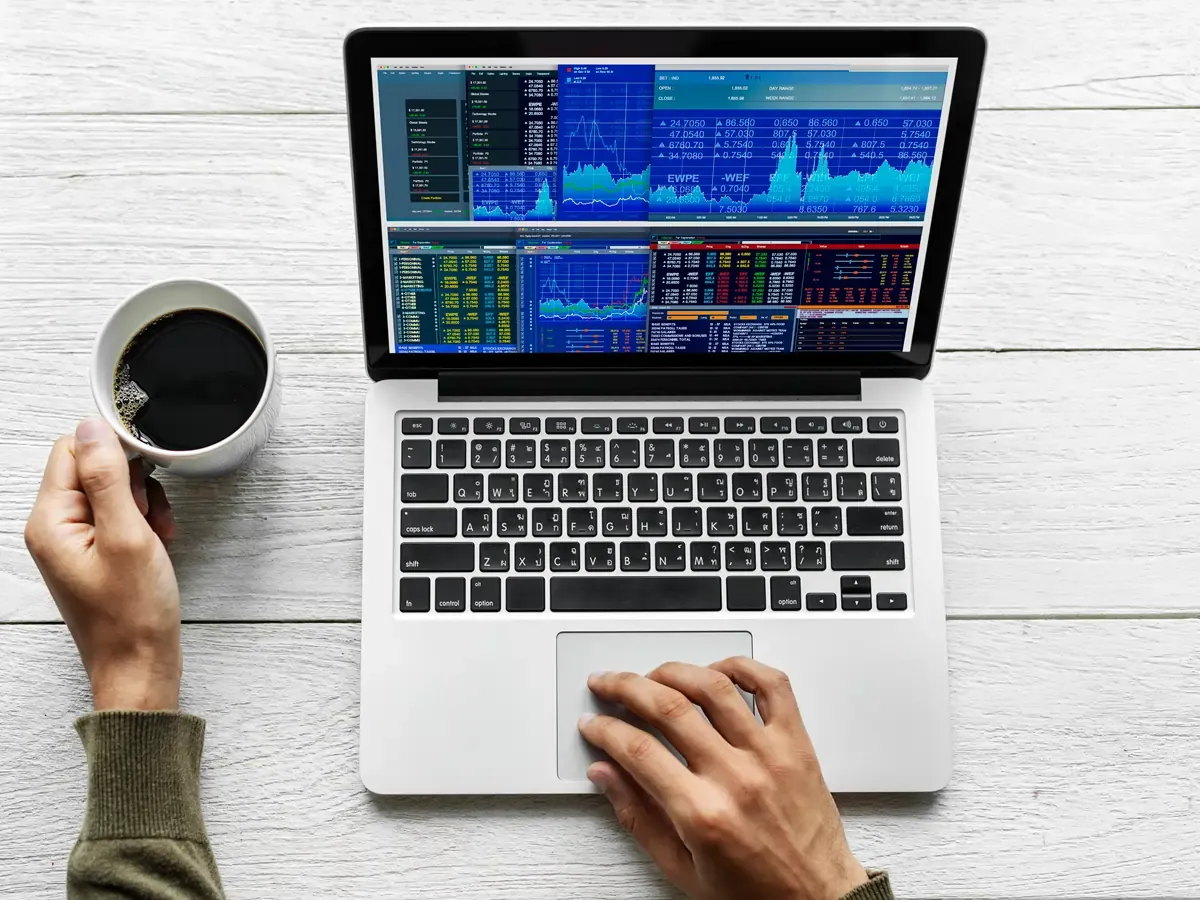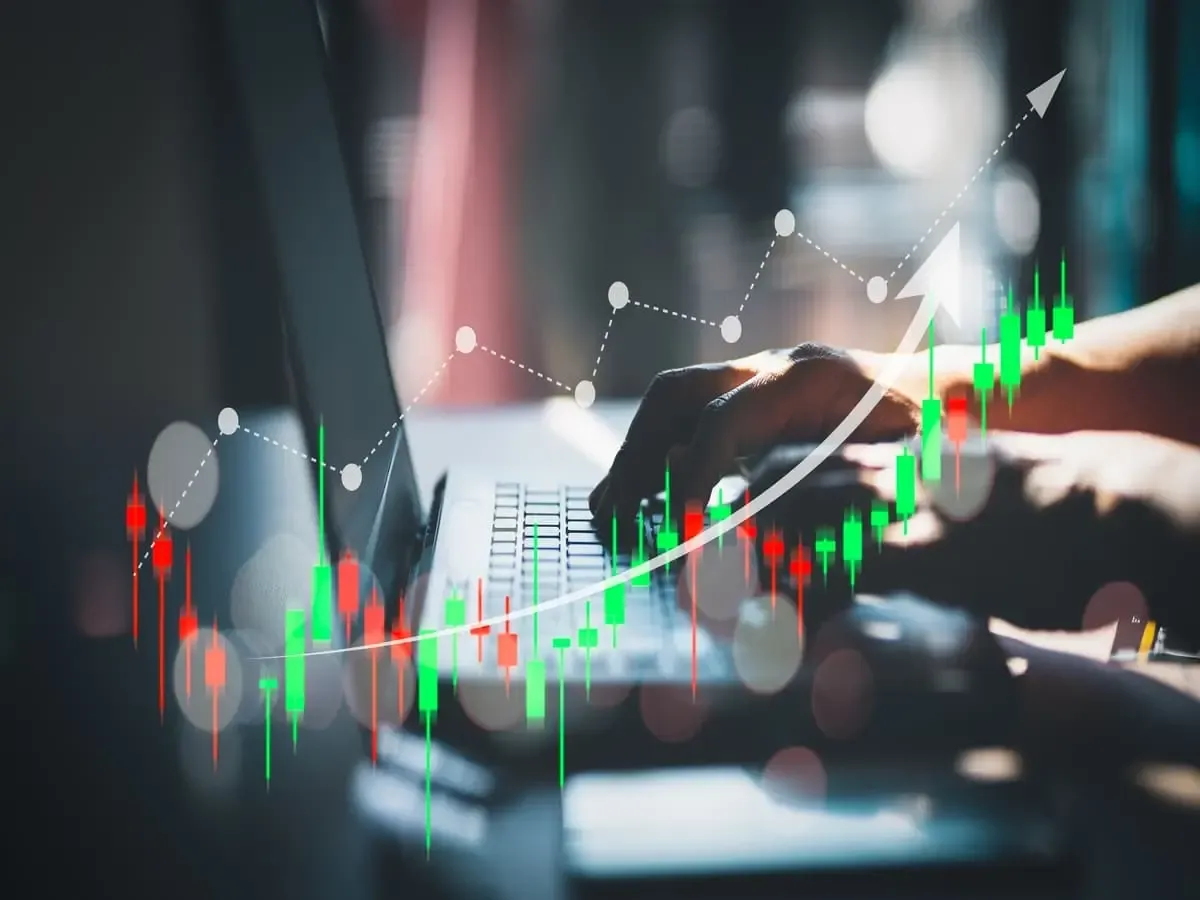What is a Trading Account? Features and Benefits
Written by Subhasish Mandal
Published on December 30, 2025 | 3 min read

To participate in stock trading, a demat and trading account is mandatory for all. A trading account is a platform through which investors can buy and sell securities online, and facilitates the transaction. Investors cannot directly deal with the stock exchange to buy or sell securities, therefore, a trading account acts as a platform to connect investors with the stock exchange.
When a transaction is completed through a trading account, the shares bought are credited to the demat account and shares sold are debited from the demat account. The demat account refers to a digital account which holds shares and financial securities in an electronic form.
A trading account is provided by the stockbroker, but a demat account is opened with a depository via a stockbroker. A depository is an organisation that holds and manages financial securities on behalf of investors in an electronic form. In India, only two depositories are functional, National Securities Depository Limited (NSDL) and Central Depository Services Limited (CDSL).
In short, we can say that the trading and account demat facility combined is provided by the stockbroker. But the demat account is managed by the depository only, in which brokers have no control over it.
Working of a Trading Account
The primary purpose of a trading account is to facilitate the buying and selling of securities. It is interconnected with the investor's bank account and demat account. Before buying any securities from the trading account, the investor needs to add funds from a bank account to the trading account.
The balance visible in the trading account can only be used to buy securities; this account balance is different from a bank account balance.
-
When an investor places a buy order, the transaction is completed within microseconds if sellers are available. The amount is debited from the trading account, and the purchased shares are credited.
-
In India, the T+1 settlement cycle is followed, which means shares purchased today will be credited to the demat account on the next business day.
-
When an investor sells their shares, the same process is followed, but in this amount intrading account is credited, and shares from the demat account are debited.
Features of Trading Account
A trading account plays a crucial role in the buying and selling of securities online. Here are five key features.
Buy and Sell Securities
A trading account allows investors to place buy and sell orders of shares, ETFs, derivatives, commodities and currencies.
Channel between Bank and Demat Account in Delivery
The trading account is connected with the bank and demat account. Funds are added to the trading account from the bank account to initiate the buying of shares. At the time of selling, the shares are debited from the demat account and money is debited from the trading account.
Real-Time Market Access
The trading account provides real-time market data, with live price quotes and volume.
Online Platform
Trading account can be assessed though web platform and mobile app, anytime, anywhere with an internet connection.
Order Types
It helps to switch between various order types, such as market order, limit order, and stop-loss order.
Trading Tools
Trading tools are available, such as indicators, charts, and strategy builders, to enhance the trading experience.
Benefits of a Trading Account
Below are some key benefits of a trading account.
A trading account is mandatory for participating in the stock market. It allows investors to buy and sell securities online with ease. Stock brokers provide many other features in the trading account to enhance the trading experience, such as market data, live price quotes, indicators, strategy builders and more.
A trading account benefits investors by providing flexibility to trade online from anywhere and manage investments on the go.
About Author
Subhasish Mandal
Sub-Editor
finance professional with strong expertise in stock market and personal finance writing, he excels at breaking down complex financial concepts into simple, actionable insights. Holding a Master’s degree in Commerce, he combines academic depth with practical knowledge of technical analysis and derivatives.
Read more from SubhasishUpstox is a leading Indian financial services company that offers online trading and investment services in stocks, commodities, currencies, mutual funds, and more. Founded in 2009 and headquartered in Mumbai, Upstox is backed by prominent investors including Ratan Tata, Tiger Global, and Kalaari Capital. It operates under RKSV Securities and is registered with SEBI, NSE, BSE, and other regulatory bodies, ensuring secure and compliant trading experiences.

























